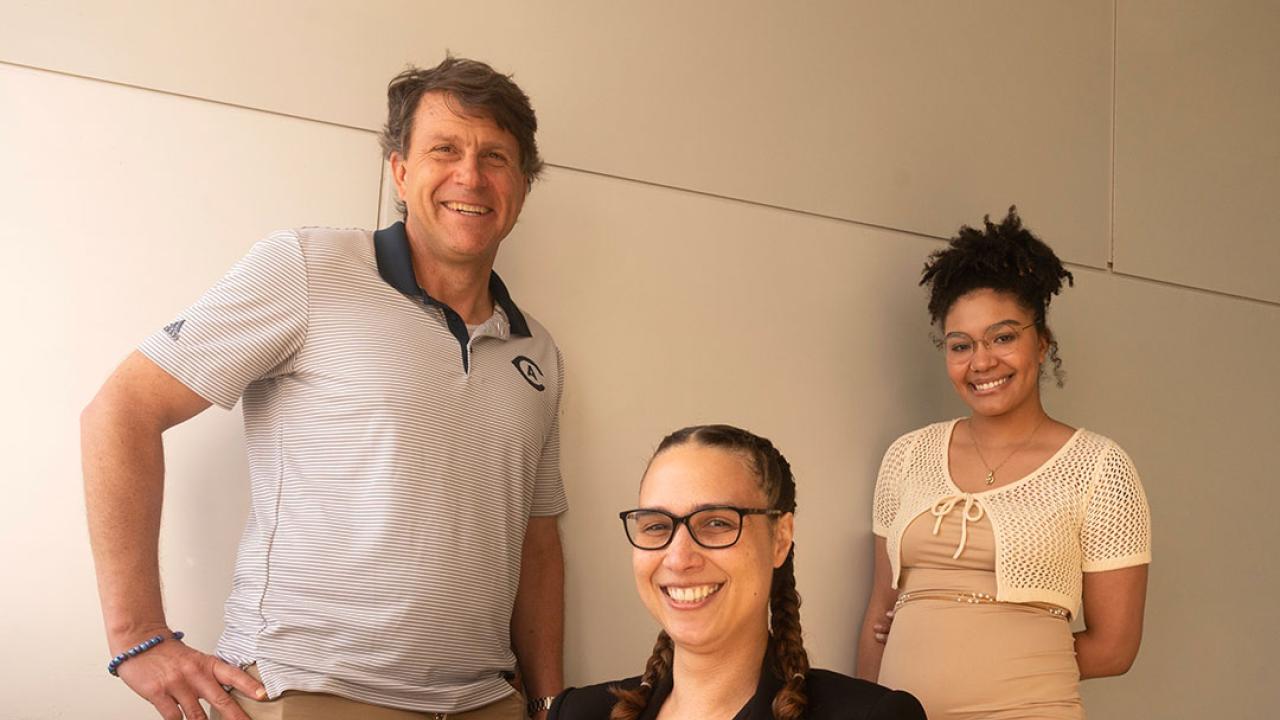
Studying Sacramento History with an Eye Toward Reparations
Quick Summary
- CAMPSAAH Faculty Affiliate Gregory Downs works with grad students and community partners to investigate: What could reparations look like?
- Professor Downs' project featured in Summer 2024 issue of UC Davis Magazine
- Project garners grant funding from UC Davis Public Impact Research Initiative
History graduate students at UC Davis are investigating past discrimination against the Black community in Sacramento during the 1950s and beyond. With direction from Professor Gregory Downs, and in partnership with the city of Sacramento and the Greater Sacramento Urban League, they seek to answer the question: What could reparations look like?
Downs, a faculty affiliate of The Center for the Advancement of Multicultural Perspectives on Social Science, Arts, and Humanities (CAMPSSAH) program, and his students are examining postwar redevelopment efforts— then called “slum clearance” — in Sacramento that forced a thriving Black community out of the city’s old West End, the neighborhood that now encompasses the Capitol Mall and Old Sacramento. They delved into the archives of a civil-rights lawyer, court cases, newspapers, and more, reporting their findings to Kelly Fong Rivas, senior advisor to Sacramento Mayor Darrell Steinberg; and Troy Williams, chief impact officer at the Greater Sacramento Urban League.
The research project, surprisingly, grew out of a chance connection born of Downs’ commitment to engaging his undergraduate students. When he arrived at UC Davis in 2015, Downs quickly realized that the students in his introductory courses didn’t see the connection between the Civil War era he specializes in and their home region, so he rethought his teaching.
“Students were familiar with things like the Gold Rush, which I think is somewhat of an oversimplified founding myth, or the Oregon Trail,” he said. “With the help of colleagues who are great scholars of the West, I started to embed more information about how California was central to the Civil War, which led to a transformation of Black rights. A lot of those things really hit home with students.”
One of those undergraduates happened to have an internship with Sacramento’s mayoral office, said Downs. “One day he contacted me and said, ‘Can I put you in touch with my boss?’ He had been in a meeting where Kelly Fong Rivas was discussing a goal to make a rigorous, serious effort at municipal reparations rooted in a clear study of history,” said Downs.
That chance connection led to a successful application for grant funding from the UC Davis Public Impact Research Initiative and kicked off a cooperative effort that hopes to transform Sacramento’s historically marginalized communities.
